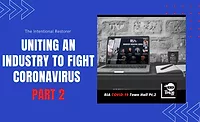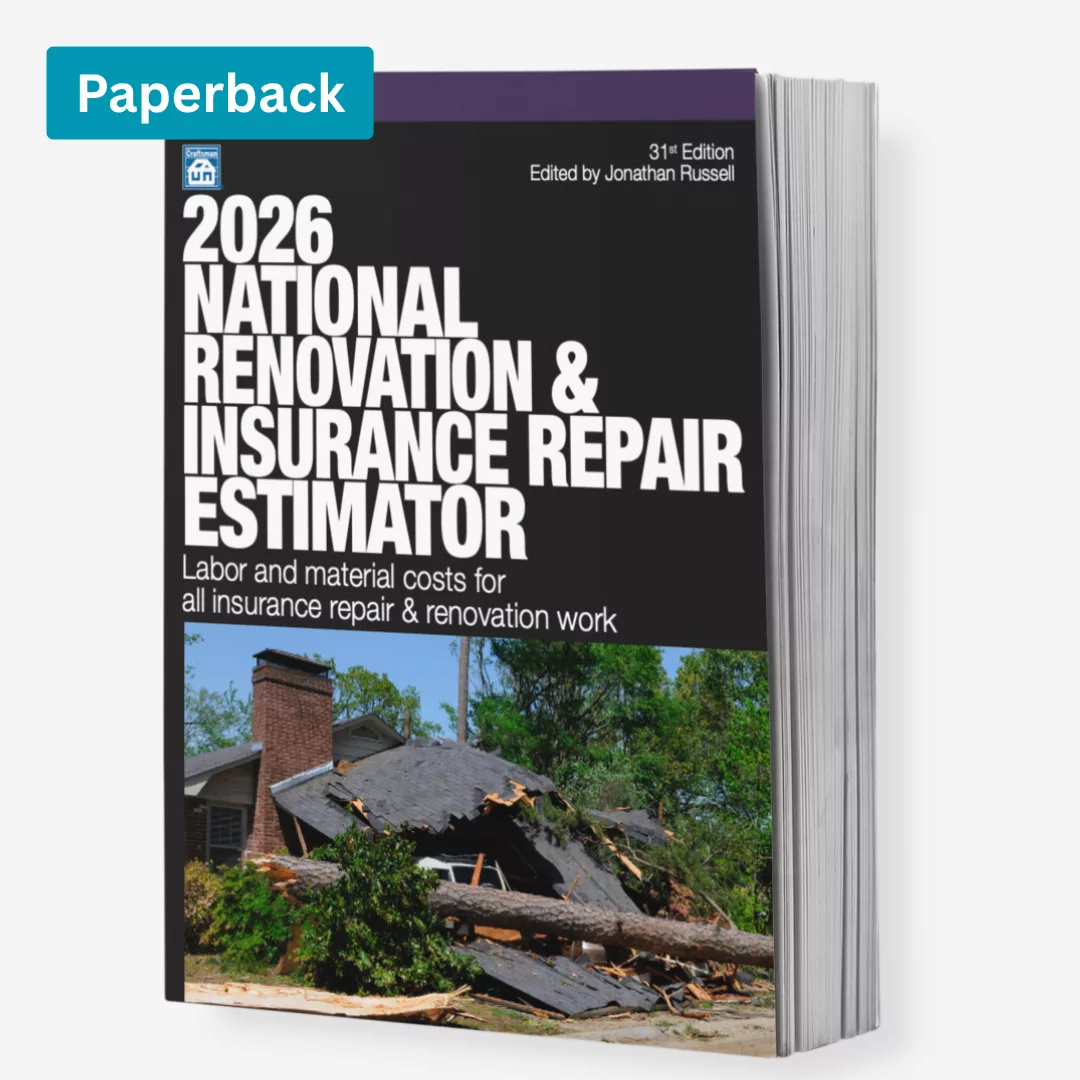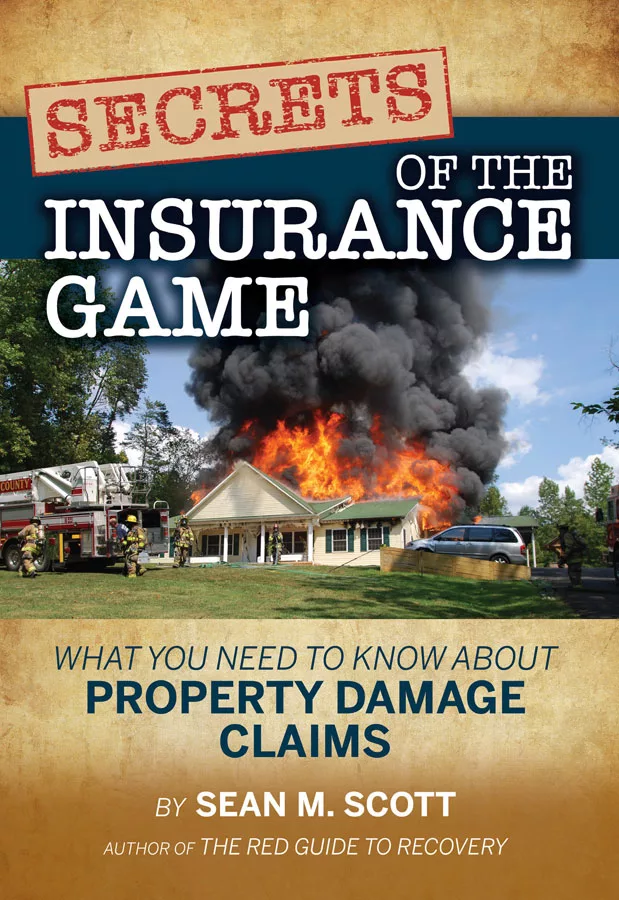The Intentional Restorer
Insurance Coverage for Contractors Handling Coronavirus Disinfection
David Princeton has been in the insurance industry for over 15 years, helping clients to recover millions of dollars, and is the founder of Advocate Claim Services (ACS). David brings an interesting perspective to this ongoing conversation, having seen claims through the lens of an Insurance Company, a Top 50 Brokerage, and most recently a Buyer as the Director of Corporate Risk for a private equity group. David’s passion for helping businesses survive after a loss is grounded in the ACS tagline, “We don’t sell insurance, we make it work!”
Our goal for this ongoing segment, Three Questions with A Pro, is to help gather pieces of the COVID-19 puzzle and share those with our peers in the restoration industry. Through The Intentional Restorer, I have been reaching out to a broad range of professionals within the various insurance fields to learn from their areas of speciality so that we can continue to work together to form common sense solutions. Please view the accompanying video of our interview with David Princeton of Advocate Claims Services to hear all that David has to share on these topics.
Experiences prior to COVID-19 with doubtful and disputed claims
The novel coronavirus pandemic has exposed areas where we need to improve our processes and resiliency. We asked David what he has observed with regard to a lack of understanding of insurance policy language even prior to the SARS-CoV-2 outbreak. David notes that policy language is incredibly important to understand how to approach a potentially “doubtful and disputed (D&D) claim.”
As a claims advocate, David assists clients with D&D claims, “Advocating for insureds to extract the coverage they should be granted under the policy.” He notes that a good claims outcome starts with two key things:
- Listening to the story of the client and asking probative questions to understand what the client is going through.
- The most common failures in the application of insurance, by adjusters, brokers and insured are in reading and understanding the policy coverages. An insurance policy is a dynamic contract formed by a three party relationship between the insured, the broker and the underwriter.
David discussed common failures in mold remediation estimating with suggestions for structuring the estimate so that the coverages within the policy can be appropriately applied to the services rendered. We discussed some general estimating guidelines for telling the story of the loss and documenting the project details so that funding available within the policy can be distributed appropriately to protect the owner as well as ensure payment for the contractor. David notes that adjusters should be writing their own sheets, which may be a follow-up discussion with him in the future.
What has David observed as the COVID-19 raises new questions about policy coverages?
In a LinkedIn conversation thread discussing potential coverage under pollution liability, David commented that these policies can cover viruses but typically require a coverage trigger. He explains that pollution liability clean up typically relates to something that shouldn’t be there. In a traditional damage or impact, the physical presence of a substance could be a trigger. With viruses, the question arises whether the policyholder can document the presence of items such as SARS-CoV-2.
David shares experiences in similar circumstances such as when civil authority was enacted out of a response to the avian flu (H5N1) and orders to eliminate flocks of commercial chickens were received by an insured. Determining the presence of a virus and then deciphering the first and third party coverages is going to be an ongoing discussion as this current pandemic grows. Having come from delivering groceries to a family member currently quarantined in a local senior living home, David noted that this is of particular note for these higher-risk institutions. In Washington State, the Life Care Center nursing facility in Kirkland became the center of attention as outbreaks in the state were climbing.
What are some considerations for property restoration contractors responding to COVID-19?
Key concerns for property restoration contractors include understanding both the express promises of their scope of work as well as the implicit promises. As was stated in our interview with The Restoration Lawyer, Ed Cross (which will be posted soon!), the standard work authorization and/or contract which includes language such as, “Returning the structure to pre-loss conditions,” could be especially problematic in COVID-19 response. As it relates to coverage, covered damages for business owners will be related to establishing whether there is a known instance of coronavirus impact. We close out our conversation with a discussion of the first known lawsuit being brought by Oceana Grill against Lloyd’s of London.
- See also David’s article Business Income Insurance and COVID-19
Thank you for reading The Intentional Restorer’s segment Three Questions with a Pro, brought to you in collaboration with Restoration & Remediation (R&R) Magazine and The DYOJO. Take care of yourselves and be kind to each other #wegotthis #MTWSL
Looking for a reprint of this article?
From high-res PDFs to custom plaques, order your copy today!









